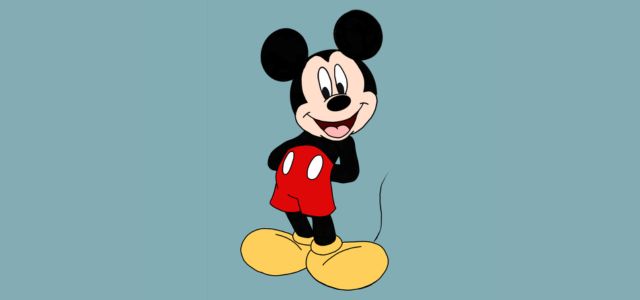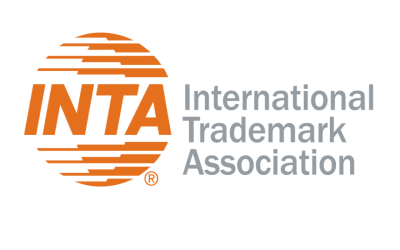The January 1, 2024 expiration of the ‘Steamboat Willie’ copyright registration has received a significant amount of attention both in the media and in the legal community. Unfortunately, this attention has often been imprecise and exaggerated, which may lead to a great deal of confusion in the marketplace as individuals and small businesses try to take advantage of this presumed opportunity. In reality, the impact of this copyright expiration will likely be minimal, given Disney’s aggressive protection of its global ambassador Mickey Mouse, and the power of overlapping IP protection.
Contrary to popular belief, the first victim of this copyright expiration is less likely to be Disney or Steamboat Willie, and more likely to be the pocketbooks of small businesses and individuals who rely on the characterizations (and mischaracterizations) of the legal effect of this expiration. Certainly, some of these exaggerations have been made to encourage clicks and views, but it will be interesting to see how many individuals follow them literally (already multiple trademark applications have been filed for STEAMBOAT WILLIE).
By way of example, CBS News announced that “the earliest versions of Mickey and Minnie Mouse now belong to the American people.” An article in The New York Times suggested it was open season on the 1928 mouse (“Not to worry. It’s public domain! Freedom! Steal away!”) Time.com ran an article titled “Mickey Mouse is now in the public domain after 95 years of Disney copyright.” To be clear: ‘Mickey Mouse’ has decidedly not moved to the public domain.
What has passed into the public domain is the relatively narrow right to reproduce the 1928 ‘Steamboat Willie’ film, distribute copies, perform the film publicly, and prepare derivative works of the film. Disney still owns trademark rights in the name Mickey, the Mickey and Minnie characters, and likely the 1928 version of Mickey featured in ‘Steamboat Willie’, among other things. This has been a result of Disney’s commercial success and enforcement, but also by an obvious strategy to maintain these rights. As an example, Disney has taken to including clips of ‘Steamboat Willie’ in the introduction to its modern films, no doubt in an attempt to maintain that association. Individuals who think they will be able to use images or clips from ‘Steamboat Willie’ to sell their own products, or who try to co-opt the Mickey image or ‘Steamboat Willie’ name will no doubt face action from Disney. Even authors of new, creative works need to be careful not to reproduce images or clips from ‘Steamboat Willie’ in an offensive or unflattering way to Mickey’s well-manicured image, as Disney would likely allege dilution by tarnishment.
Disney famously has a reputation for advocating for extended copyright protection for its earliest works (leading to the sometimes joking reference to copyright laws as the “Mickey Mouse Protection Act”). Much of the press and fanfare about the expiration of the ‘Steamboat Willie’ copyright may be more schadenfreude rather than a real expectation that there has been a major shift in the treatment of one of the most famous characters (and brands) of all time. IP rights overlap in the sense that they often cover different aspects of the same material. They also overlap in the sense that the same activity may be prevented under both a copyright theory and a litigation theory, for example. Disney has taken an aggressive policy in both avenues, such that the loss of copyright protection for one work does not mean the downfall of the entire empire. Solid IP protection for any business involves the incorporation of as many different protectable elements as possible, to guard against situations like this and to make enforcement easier.
So far it does not appear that there has been any rush to capitalize on ‘Steamboat Willie’. The Trademark Office has seen a handful of new STEAMBOAT WILLIE trademark applications, but no large-scale race to file. There has been no rush of lawsuits. It may be that there has not been enough time for new disputes to materialize. Or it may be that Disney’s reputation as a vigorous enforcer of its IP rights will keep potential exploiters at bay.

Written by William Stroever
Attorney and Chair of the IP department, Cole Schotz
You may also like…
INTA files statement in intervention in EU case on the inherent distinctiveness of color combination trademarks
New York, New York—July 24, 2024—The International Trademark Association (INTA) has filed a Statement in...
Bytedance stumbles in Singapore: IPOS rejects TIKI trademark challenge
The social media giant Bytedance, owner of the ubiquitous TikTok platform, recently suffered a setback in Singapore....
TOUR DE FRANCE fails in the third stage against German fitness studio chain
At the end of June, the 111th edition of the Tour de France kicked off. June also saw the end of a dispute between...
Contact us to write for out Newsletter














